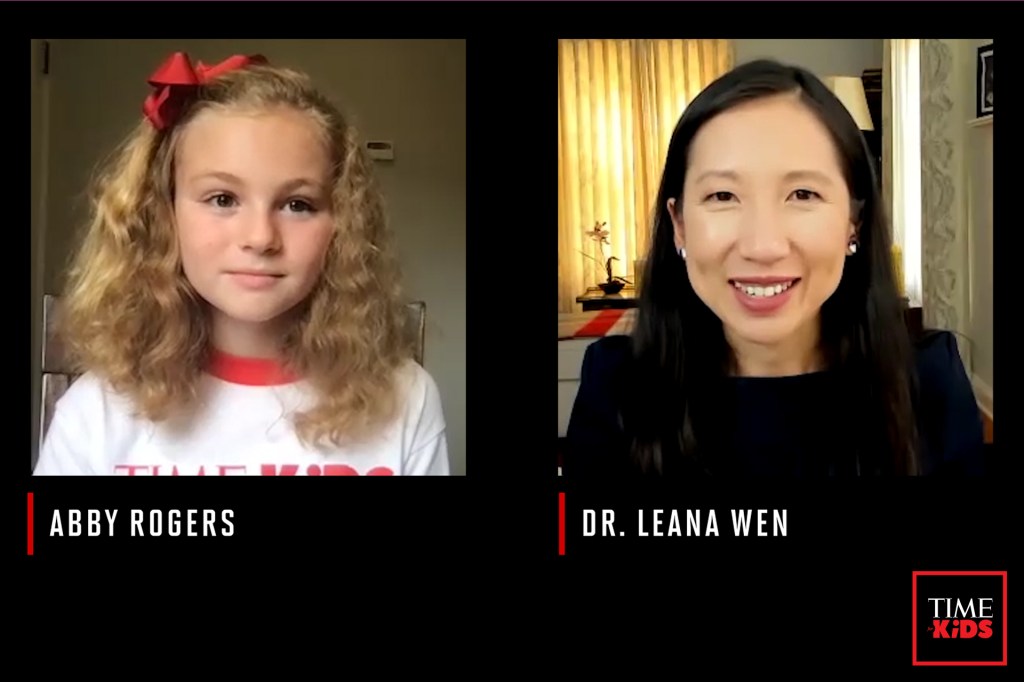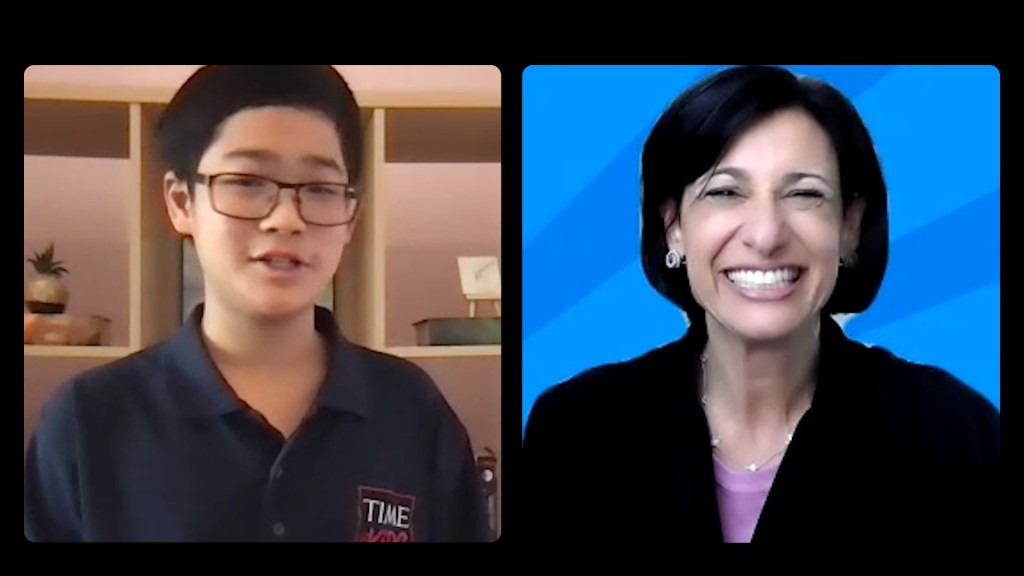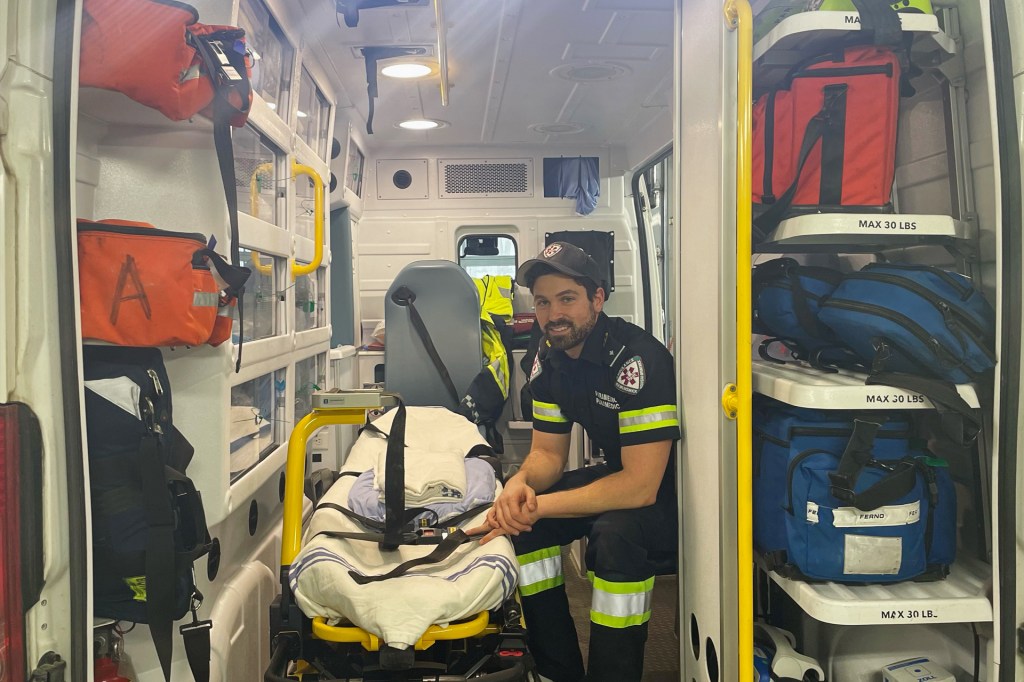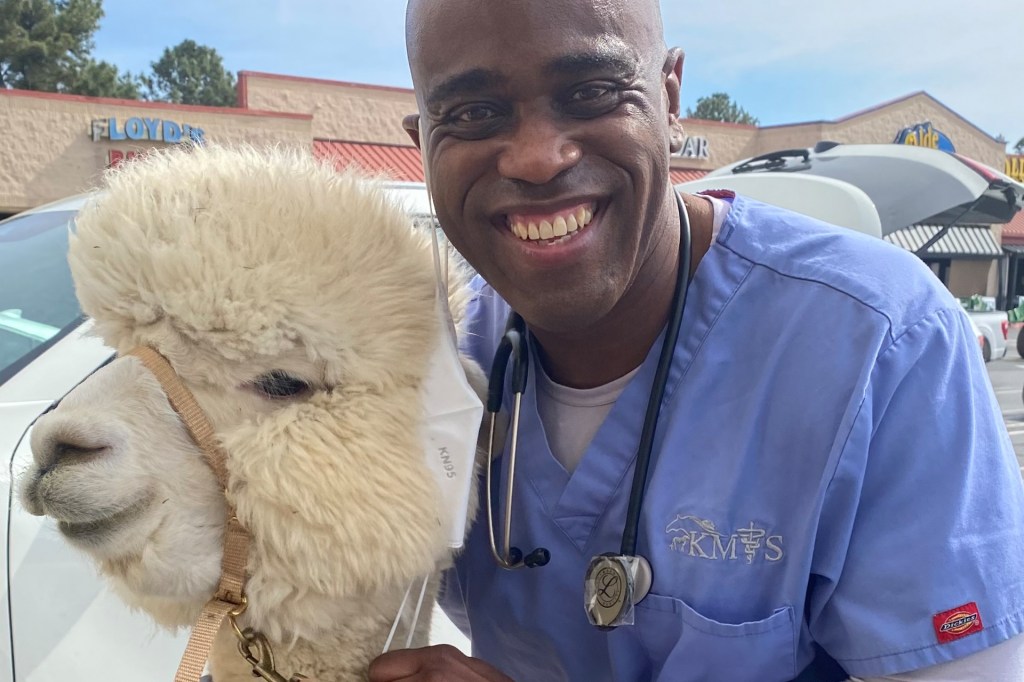
Kids all across the United States want to return to a “normal” school experience. But the Delta variant, a new strain of the virus that causes COVID-19, is making this a challenge. How can kids safely return to in-person learning? And how does getting vaccinated keep people healthy and protect them from COVID-19?
I spoke with Dr. Leana Wen. She answered my questions and told me about her career in public health. Dr. Wen is an emergency physician; a public health professor at George Washington University, in Washington, D.C.; a contributing columnist for the Washington Post; and an author. A Chinese immigrant, she overcame adversity with hard work and a determination to help people.
Read part of my conversation with Dr. Wen below.
TFK Kid Reporter Abby Rogers:
Thank you so much for speaking with me today.
Dr. Leana Wen:
Thank you, Abby. It’s great to join you.
Abby:
Can you explain your job to me? As an emergency physician and a public health advocate, what do you do?
Dr. Wen:
I do a number of things. One is that I treat patients. I work as an emergency physician. I also teach. I’m a professor at George Washington University. In the time of COVID-19, all of my work has become about the coronavirus pandemic, because this is the most serious public health threat that’s facing us. I help people understand how to think about our risk. So, especially now that we have the Delta variant, there are lots of changes about who should wear masks again. A lot of my job is helping people to navigate those types of decisions.
Abby:
I’m hearing that the Pfizer COVID-19 vaccine might be approved for 5- to 11-year-olds this fall. Is that true? And what advice do you have for kids like me, who are a few weeks from turning 12? Which vaccine should we get?
Dr. Wen:
Well, first of all, happy early birthday to you. That’s very exciting.
There are two vaccines—the Pfizer and Moderna vaccines here in the U.S.—that are approved for people 12 and older. Both of these vaccines are found to be very safe, very effective in preventing COVID-19.
Now, in terms of when the FDA may say that younger kids are able to receive the coronavirus vaccines, it does appear that it’s going to be sometime this fall. I don’t know exactly when. A lot of this will depend on research studies. We don’t want to hurry the research. We want the research to be done very thoroughly. We want to see those results, and then we’ll wait for the vaccines to be authorized.
I am really eager for younger children to be able to get the vaccines because I’m the mom of two little kids. I have a son who turns 4 this month. And I have a daughter who is just 1. It might take a little bit longer for kids their age to get the vaccine. It certainly will give me peace of mind once I know that my children are able to be protected by the vaccine.
Abby:
How can kids safely return to in-person learning?
Dr. Wen:
We now know from the last year and a half that there are ways for schools to be some of the safest places for children, from a coronavirus standpoint. The way that I like to think about it is as layers. Imagine that it’s really cold outside. You want to put on multiple layers. That’s what’s going to keep you warm. Well, it’s a similar case when it comes to preventing coronavirus in any setting, including a school. So for example, if everybody is wearing masks, that provides a really good layer of protection. If the kids are 12 and older and they’re able to be vaccinated, and everybody’s vaccinated, that also provides a really good level of protection. Then you have other layers that help, as well. For example, some type of distancing. Even if you can’t keep six-feet distancing, three-feet distancing helps. Or testing. Having testing every week, or testing twice a week, will be something that’s helpful, as well.
Abby:
Now that the Delta variant is spreading so quickly throughout the United States, will it be more challenging for students to return to school safely?
Dr. Wen:
Unfortunately, yes. The Delta variant is the most contagious variant of coronavirus that we have seen. It spreads to more people. The individuals who get infected with the Delta variant carry more virus. And so it looks like it can just spread faster and to more individuals. What that means is that the activities that we thought were safer before now have a higher likelihood of [spreading] coronavirus if people are unvaccinated.
Abby:
How do you educate kids and families so they’re comfortable getting the vaccine?
Dr. Wen:
Getting information about the vaccine is really important. And getting accurate information is even more important, because we have already seen in this pandemic what happens when there are people spreading inaccurate information. That leads to a lot of fear, to confusion, and to people not getting something that actually will save their lives, help students get back at school, help our economy, and just help all of us get back to normal.
Now, I think one very trusted source of information for parents and for kids is the pediatrician. We trust our pediatrician with other aspects of our lives. We go to the pediatrician for questions about many other illnesses and to care for us. The pediatrician is someone who understands our family, our children. That is always a good person to go to for information.
And then beyond that, the American Academy of Pediatrics. The Centers for Disease Control and Prevention. Their websites also contain very good information that’s accurate and that’s helpful for parents and children to make the best decisions about the vaccine.
Abby:
In your latest book, you talk about why you chose to go into public health. Can you tell me a little about that?
Dr. Wen:
I talk [in the book] about my own journey. I’m an immigrant: My parents and I came to the U.S. just before I turned 8. Early on, I was one of those annoying kids who always knew that I wanted to go into medicine, specifically to go into the ER [emergency room]. But then it was actually [in] working in the ER that I saw how much it’s not just medicine that so many of our patients need.
I remember that I had a patient who was 8 years old, who came in all the time to the ER, which is not a good thing. When you’re an ER doc, you don’t want to see the same patient over and over again. He came in all the time with asthma. But he didn't need a new inhaler or new medications. What was happening was that he and his mother were experiencing homelessness. They were going in between different shelters where people around them smoked, and the smoke was triggering his asthma. And they were living in a place at some point where their apartment was okay, but the apartments next to them were filled with mold. And that mold was actually the issue.
What he needed wasn’t medication. It was housing. Housing is also part of healthcare. And public health helps to address these issues.
Abby:
What is it like being in public health during the COVID-19 pandemic?
Dr. Wen:
There’s a saying that public health saved your life today, you just don’t know it. Often, the world of public health is invisible. By definition, you don’t see something that has been prevented. That’s what public health is. For example, when I was the health commissioner in Baltimore, we did all these food safety inspections. You may hear about someone who has food poisoning, but not all the thousands of restaurant inspections that prevented food poisoning in the first place.
And so it’s been really hard, frankly, to be in public health during COVID-19. Public health depends on public trust. When different people are saying different things and we’re asking the public to do hard things that they didn’t use to do—like wearing a mask, or being quarantined, or not going to school during certain times—it’s really hard.
I think if there’s anything that we’ve all learned during the pandemic, it’s how much we’re all in this together. And that the work of public health depends on each and every one of us.
Abby:
Thank you so much for your time. I know the information that you shared will help families stay safe.
Dr. Wen:
That’s really kind of you, Abby. Thank you for your terrific work. It was a real pleasure to join you today.
This interview has been edited for length and clarity.













